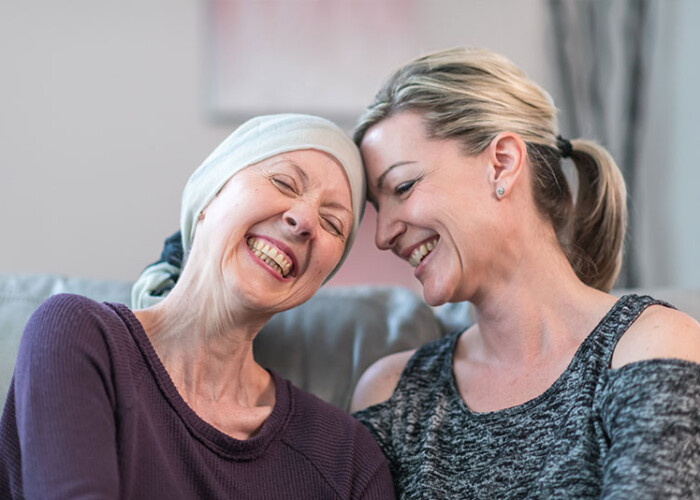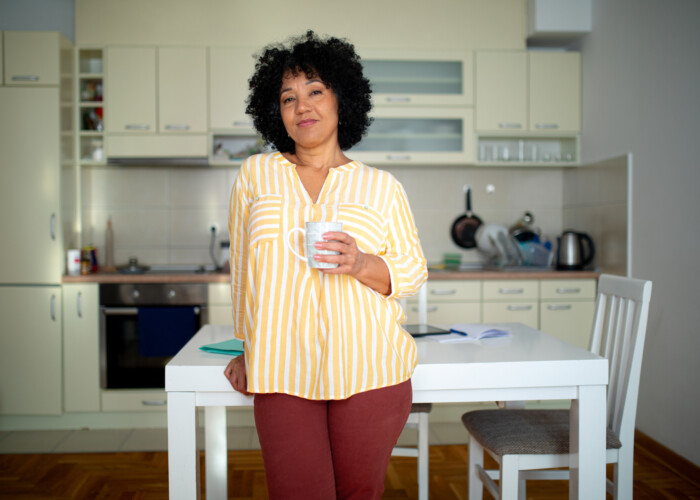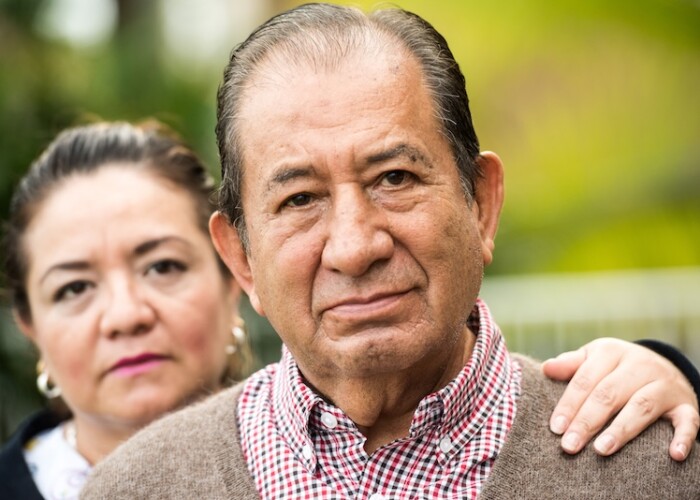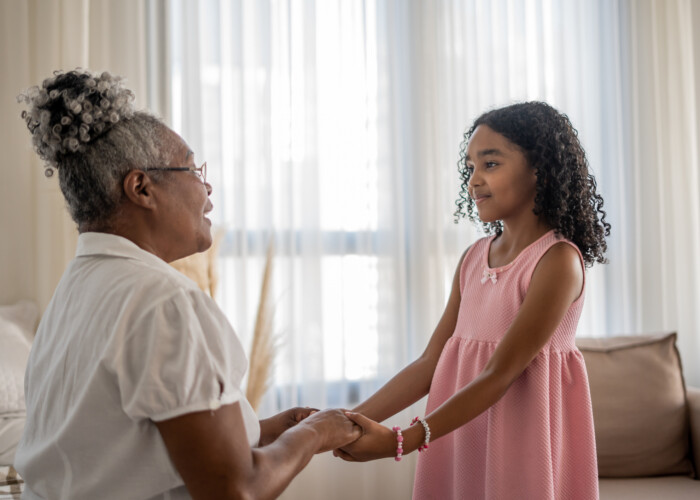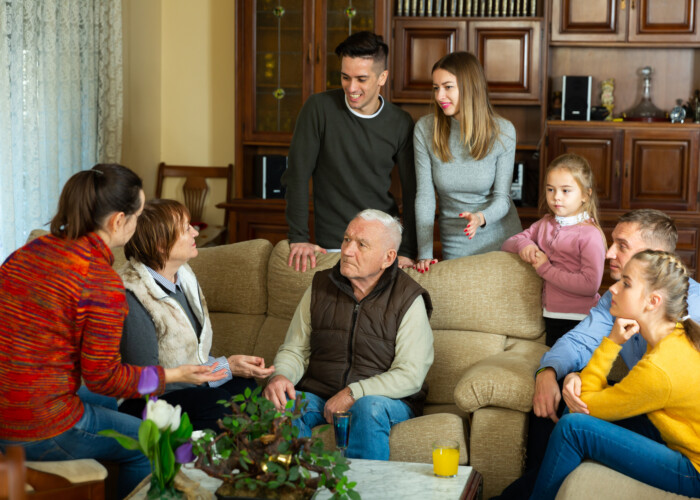Caregiver Support Tip
How Physical Activity in Dementia and Heart Disease Looks Different
Learn what physical activity in dementia and heart disease should look like.
You may notice that movement doesn’t come as naturally as it once did. Exercises that used to feel routine now take encouragement, patience, and hands-on support. A short walk feels longer. Simple stretches require reassurance. When physical activity in dementia and heart disease becomes part of daily care, the focus shifts from performance to preserving strength, circulation, and confidence in a body that’s working harder than it used to.
Why Movement Still Matters When Both Conditions Are Present
Heart disease affects how efficiently oxygen-rich blood moves through the body, including to the brain. Dementia affects balance, coordination, awareness, and motivation. Together, these conditions can make inactivity tempting, but avoiding movement often worsens both physical and cognitive symptoms.
Even gentle, supported activity can help:
Improve circulation and oxygen … Read More »
What It’s Really Like Living With Both a Heart Condition and Dementia
When someone you love is living with both a heart condition and dementia, some of the symptoms can overlap.
Some changes don’t arrive with a clear explanation. An older loved one who usually does well in the mornings suddenly seems foggy by mid-afternoon. Walking from the bedroom to the kitchen feels more taxing than it used to. You notice more hesitation, more pauses, more moments that make you stop and think, something’s different.
When a loved one is living with both a heart condition and dementia, those subtle changes often have more than one cause. Dementia affects how the brain processes information, but heart health affects whether the brain has the oxygen and blood flow it needs to function at all.
Why the Brain Feels the Effects of Heart Disease So Quickly
The brain is incredibly sensitive to … Read More »
Talking to a Loved One With Cancer Without Saying the Wrong Thing
Talking to a loved one with cancer often means learning how to listen, pause, and simply show up.
Talking to a loved one with cancer can stop you in your tracks. You may rehearse conversations in your head before a visit or hesitate before picking up the phone, unsure how to begin. Do you name what’s happening right away, or steer around it? Is humor helpful or inappropriate? What if they cry, or you do?
Your Guide to Better Family Communication in Caregiving
Family communication in caregiving can either ease tension or fuel it, depending on how conversations are handled.
Family communication in caregiving often starts with good intentions and ends with raised voices, hurt feelings, or conversations that never quite get finished. You may go into a discussion hoping to solve one small issue, like who will handle appointments or whether extra help is needed, only to realize you’re actually unpacking years of family history, assumptions, and unspoken worries.
Why You Should Be Placing Limits on Your Caregiving Responsibilities
Placing limits on your caregiving responsibilities isn’t easy, but it’s vitally important for both you and the person in your care.
When you’re supporting someone day after day, it’s easy for “I can handle it” to become your automatic response. You say yes before you pause to check your calendar, your energy level, or your own needs. You stay later than planned, eat on the go, cancel personal plans, and tell yourself you’ll rest once things slow down. The problem is, caregiving rarely slows down on its own. Without placing limits on your caregiving responsibilities, the strain keeps building until exhaustion or frustration starts to show up in ways you didn’t expect.
Subtle Changes in an Older Parent’s Life and What They Mean for Caregivers
Looking for little changes in an older parent’s life is key to ensuring they’re receiving the right level of care and preventing serious problems.
Aging rarely announces itself all at once. More often, it shows up in pieces, a small change here, a minor adjustment there. When you think back over the past year with a parent, the standout moments might be a holiday visit or a medical appointment. But the shifts that deserve your attention usually live in the in-between times, woven into everyday routines. It’s these changes in an older parent’s life that you need to begin to pay attention to.
Conditions That Mimic Dementia and Why You Need to Watch For Them
Understanding conditions that mimic dementia can help you find answers and treatments you might not otherwise consider.
When someone you love begins showing symptoms like confusion, memory loss, or difficulty with everyday tasks, it’s natural to fear the worst. Dementia is often the first explanation that comes to mind. But what you might not realize is that there are conditions that mimic dementia, conditions that look almost identical at first glance but may actually be treatable. That means the changes you’re seeing may not be permanent, and the future may be far more hopeful than you think.
Balancing Work and Caregiving Without Losing Yourself in the Process
Balancing work and caregiving becomes easier when you have the right tools, support, and mindset.
Balancing work and caregiving can feel like a tug-of-war between two parts of your identity: your career, which you’ve spent years building, and your role as a son or daughter, which comes with deep love and responsibility. Most of us don’t realize how intertwined these roles are until a new reality begins to emerge: a parent who suddenly needs support, supervision, or hands-on help at home. The shift may be subtle at first – missed medications, difficulty getting around, small safety concerns – until one day it becomes clear that more consistent assistance is needed. And that’s when the real worry sets in: How am I supposed to manage all of this? Do I have to choose between the job I love and … Read More »
How to Involve Kids in Caregiving: An Age by Age Guide
Knowing how to involve kids in caregiving can make everyone involved feel more connected.
Kids have a way of transforming a room the moment they walk in. Their questions come out of nowhere, their laughter is contagious, and their energy fills the space with something light and refreshing. While caregiving is usually handled by adults, understanding how to involve kids in caregiving helps everyone involved.
Caregiving Conflict in Blended Families and How to Handle It
Caregiving conflict in blended families often improves when the focus shifts to shared goals.
Caring for someone you love comes with big emotions, even in families that have been connected for decades. When a second marriage, step-family relationships, or a blended household is part of your story, those emotions can multiply quickly. Each person brings different experiences, different communication styles, and sometimes different ideas of what “the right thing” looks like, which can lead to caregiving conflict in blended families.
And when care needs come up suddenly, all of those differences show up at once. Decisions need to be made quickly. Everyone wants to help, but not everyone agrees on how. It can feel messy, overwhelming, or even tense when the roles aren’t clear and the past starts influencing the present.
If you’re in this situation, the good … Read More »





